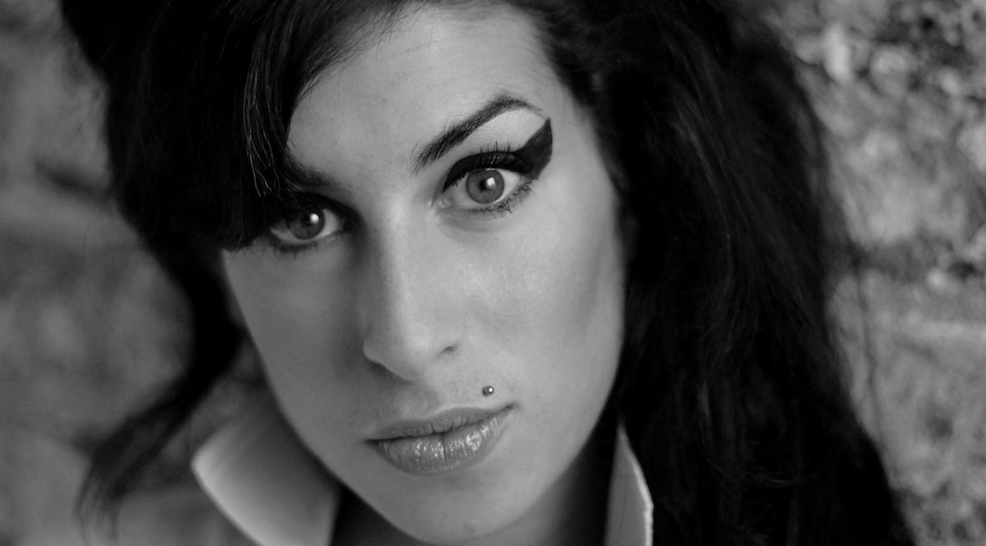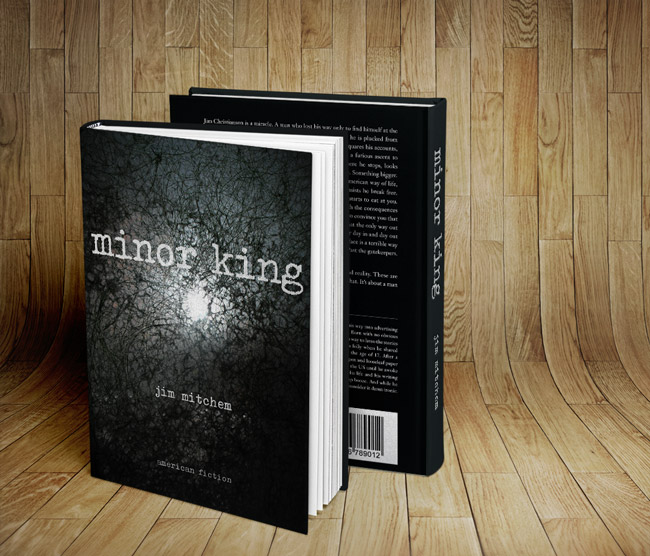
Singer Amy Winehouse died on Saturday at the age of twenty-seven. I didn’t listen to her music, so I can’t pretend to be sad that she’s gone in terms of her art. But while she was alive, it seemed that she was in the news more for her drug and alcohol problems than her music. Ironically, she had a hit song called Rehab. As I write this post, we don’t yet know how she died. But judging from what we do know about her struggles with drugs, we can’t help but think that drugs had something to do with it. Even if they weren’t directly involved, like with an overdose, her decisions all along would make you think that drugs were involved in some capacity. And that’s sad. So Winehouse joins other musicians who died at the age of twenty-seven for similar reasons. Kurt Cobain, Janis Joplin, Jimi Hendrix and Jim Morrison are the ones that come to mind. There may be others. I didn’t research it.
I am not a musician. Nor am I famous. Obviously. I’m just this guy who had the opportunity to slay a similar demon and continue living. And I was twenty-seven when it happened. Or, to be precise, I was three days shy of twenty-seven.
At the time of my epiphany, I was suicidal and homeless. I was blessed to recognize a clear sign that fateful day, and had nothing to lose by acknowledging it. I was tired of fighting with myself and so I grasped hold of something like a spiritual awakening and rode that pony until I was able to stand on my own. I felt free almost immediately. I’d never experienced anything like true faith before that moment. And haven’t felt that close to my idea of God since.
Losing Winehouse or anyone else to drugs and alcohol is sad. It’s sad because it’s one of the few diseases that you actually have total control over. If you were diagnosed with cancer and your doctor told you that all you had to do to beat it was avoid eating potato chips – you probably would. Well it’s like that with drugs. All you have to do is abstain from them to overcome their curse. Drugs, and I’m looking at you alcohol and nicotine, lie to you. They tell you nothing’s wrong. And you believe them. Then they sink their teeth into your soul and become so familiar to you that the thought of turning away from them is pure folly. Mass commercialism of them doesn’t help, either. Besides, this is a free country. You can kill yourself if you want to. Sort of.
As far as I can tell, the purpose of drugs and alcohol is to kill you. Yes, there are good drugs. And no, they don’t always kill you instantly. But if you smoke enough, you’re going to likely die unnaturally. Likewise if you drink enough. Or shoot enough heroin. The purpose of these things is to kill you. Why? Well, we could probably get into a long conversation about the marriage of heaven and hell, I suppose. But in my case, recovery was highly spiritual. And so if recovery is divine, then the opposite must also be true.
Consider the well-respected corporate citizen driving home from a company party. He wasn’t a heavy drinker and didn’t use drugs. After only three beers at the party (clearly not enough to cause him to be drunk), he didn’t see a light change at an intersection and smashed into a family of six traveling in a minivan. Both parents and two children died. The man survived. He wasn’t a heavy drinker and was nothing like an alcoholic. But the effect of alcohol on his decision making caused him to misjudge his ability to control a vehicle – turning it into a deadly missile. It was only three beers. Harmless. Yet, it changed the life of two children who lost their parents and siblings to the effects of alcohol.
Honestly, I can’t think of one good reason for drugs. Sure, you can joke and say that they make girls at the bar prettier, or that they give people confidence to come out of their shell. You might even say that drugs help you unwind. And you’re not going to get an argument from me. But if you need drugs to help you talk to girls, then you’ve got bigger problems than using drugs, my friend.
Granted, not everyone is an addict. Some of us are more susceptible to the lies of drugs than others, and so we become slaves to them. Only, thankfully, it’s a disease that has a solution. If you’re willing to hear it. If you’re willing to give up your will and accept a path that requires faith in a power greater than yourself. It’s not easy. And yet, it is.
I don’t think Amy Winehouse ever had that epiphany. Or if she did, she opted not to acknowledge it. And that’s sad. If you’re an addict or alcoholic and you don’t have a foundation of spirituality – good luck changing. Because without faith, the lie will kill you. Eventually.
***

Bobby DeMuro
Jul 23, 2011
Good work, Jim Mitchem. Good work.
On Amy Winehouse. « media lizzy & friends
Jul 23, 2011
[…] of my favorite writers is Jim Mitchem. Honesty is what he serves up. His column, Amy Winehouse and the Big Lie, is definitive. Buried within his prose is a sentence so perfect, only Dante could emerge from the […]
Stina
Jul 24, 2011
This hit the nail so hard on the head. Thank you. Thank you for expressing this so clearly, thank you for being so honest, and thank you for giving a damn about another human being.
Gary O'Brien
Jul 29, 2011
Right on the money, Jim. And your demon slaying post, too.
Thanks for being honest and carrying the message.
Emma Howard
Feb 2, 2014
You can put on paper the language of your heart.